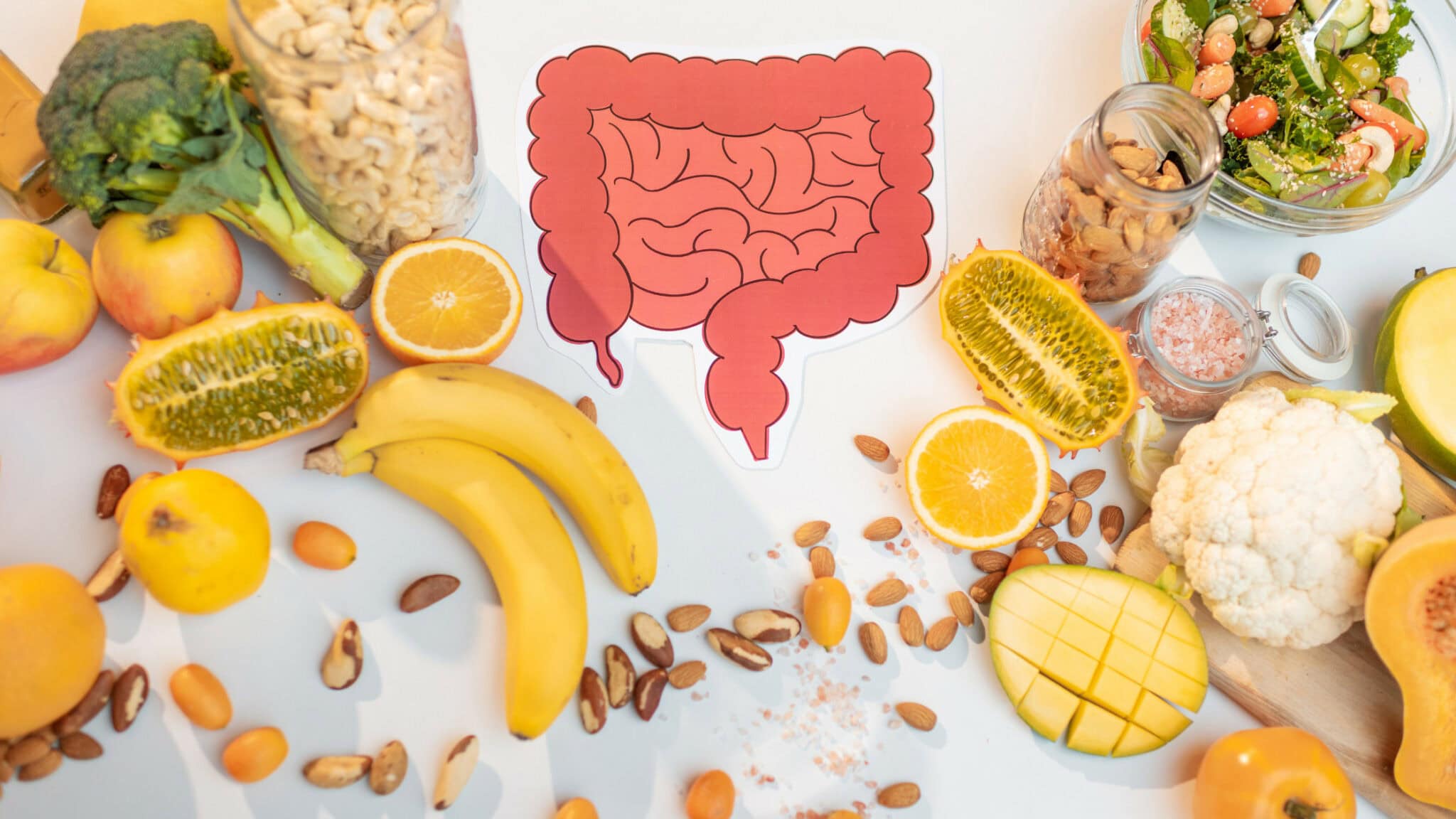Linking Exercise and Nutrition to a Healthy Mind
Boost your mood and mental health with simple exercise tips and nutrient-rich foods. Small changes can lead to big improvements in your overall well-being.
We have heard it before, eating well and regular exercise are important factors in maintaining a healthy body. But have you ever stopped to think about what that means for your mental health?
Mental health disorder research findings suggest that between 10% and 30% of adults struggle with mood disorders like anxiety and depression. With these conditions becoming more commonly diagnosed, doctors are looking beyond medication for ways to help. And here’s what they’re finding: a balanced diet and regular exercise can make a real difference.
Exercise improves mental health
More and more, physical activity is being recognized as a powerful tool for boosting mental well-being. Just 20 to 40 minutes of aerobic exercise can help lower anxiety levels—and the effects can last for hours.
Exercise tips to improve mind and body:
Getting started isn’t always easy, but the key is to start small. Begin with short, manageable increments of physical activity and gradually build up to more regular exercise sessions. Even setting a simple goal, like being active just one day a week, can kick-start a positive shift in both your mind and body. If physical activity feels challenging, try making it more enjoyable by listening to music or working out with a friend.
The benefits of jogging: Jogging isn’t just great for your physical health—it’s a game changer for your mind, too. A 30-minute jog can help reduce stress, boost confidence, sharpen focus, and improve memory. Plus, those feel-good endorphins can make you want to keep going. Jogging once a week can have a big impact on your mood and energy.
Walking at work: Making time to exercise can be tricky, so why not weave movement into your workday? Try parking further from the door, taking the stairs instead of the elevator, or having your lunch or meeting on the go. Want to make it more interesting? Challenge a friend or coworker to a daily step goal. For an extra boost, try ankle weights to help build strength and stamina while you move.
Make exercise fun: The best way to stay active is to find something you actually enjoy. You can try here are several ways one can become more active. Fitness apps can help you track your progress and keep you motivated to push yourself further.
Results of exercise and how it will help you:
We’ve explored different ways to get active and improve your mental health. Here are some of the positive changes you can expect from regular exercise:
Improved sleep
Stress relief
Improvement in mood and disposition
Increased energy and stamina
Reduced fatigue that can impair mental awareness
Healthy weight changes
Reduced cholesterol and improved cardiovascular fitness
As you start increasing your physical activity, remember: be patient with yourself—it takes time to get into the habit of exercising regularly. Any effort is progress, so keep going at your own pace, one step at a time.
What you eat is what you feel
Trying to eat healthy when we are feeling low can be challenging. Often, comfort foods don’t tend to be the most nutritious, but they can be hard to resist. While we usually think about eating well for our physical health, research suggests that what we eat has a big impact on our mental well-being. When we don’t eat enough nutrient-rich foods, our body lacks important vitamins and minerals, which can affect both our energy and brain function. Without the right nutrients, mood disorders like depression are more common. So, while a sugary snack can give you a quick mood boost, nourishing foods are far more likely to give you a lasting emotional lift.
Here are a few tips on key nutrients to fuel your mind and body:
The power of protein: Protein is often praised for building muscle, but its benefits go far beyond the gym. Proteins are made up of amino acids, which help produce neurotransmitters—chemicals that send messages between nerve cells. These neurotransmitters increase levels of alertness and energy, and some, like serotonin, dopamine, and norepinephrine are especially important for mental health. By increasing the quantity of neurotransmitters available in the brain, protein-rich foods help improve cognitive function and overall well-being. Excellent sources of protein include fish, poultry, meat, eggs, nuts, seeds, lentils, and beans.
B vitamins for vitality: Dark leafy greens such as kale and spinach, citrus fruits, fortified cereals, and beans are rich in Folate, a B vitamin that many people with depressive symptoms tend to lack. Folate deficiency can lead to lower serotonin (the mood regulator neurotransmitter) levels in the brain, which can affect our mood and emotions. To boost folate intake, consider adding avocado, sardines, salmon, and eggs to your diet.
Get your omega-3 fatty acids: Essential fatty acids can alter the composition of nerve cell membranes. Some studies suggest that 250-500 mg per day of omega-3 fats could help reduce symptoms of depression for some people, although the evidence is still not conclusive. Instead of reaching for supplements, which may not be right for everyone, consider enjoying omega-3 rich fish such as salmon, mackerel, trout, or sardines at least twice a week. If you’re following a plant-based diet, try eating flaxseeds, chia seeds, walnuts, or hemp seeds.
Enrich your diet with magnesium: Magnesium is an essential mineral for over 300 separate biochemical processes in the body, including energy metabolism and protein production. This mineral also helps activate the enzymes required to produce serotonin, dopamine, and norepinephrine —chemicals that can improve your mood and support mental well-being. To boost magnesium intake, enjoy foods like nuts, seeds, dark leafy greens such as spinach, and whole grains such as brown rice and bran.
Get a good source of selenium: Selenium is another important mineral that can influence your mood. It plays a key role in thyroid function, and a healthy thyroid supports positive mental health, which could reduce the risk of depression. Food sources of selenium include Brazil nuts, fish, shrimp, liver and chicken.
Before making changes to your exercise routine or diet, it’s important to consult with your doctor.
References
Canadian Digestive Health Foundation. (2022). “Mental Health and Nutrition.” Accessed 21 March 2025.
Harvard Health Blog. (2022). “Nutritional psychiatry: Your brain on food.” Accessed 21 March 2025.
Mahindru, A., Patil, P., & Agrawal, V. (2023). “Role of Physical Activity on Mental Health and Well-Being: A Review.” Accessed 21 March 2025.
Mayo Clinic. (n.d.). “Depression and anxiety: Exercise eases symptoms.” Accessed 21 March 2025.
.png)
.png)
.png)
.png)
.png)
.png)









